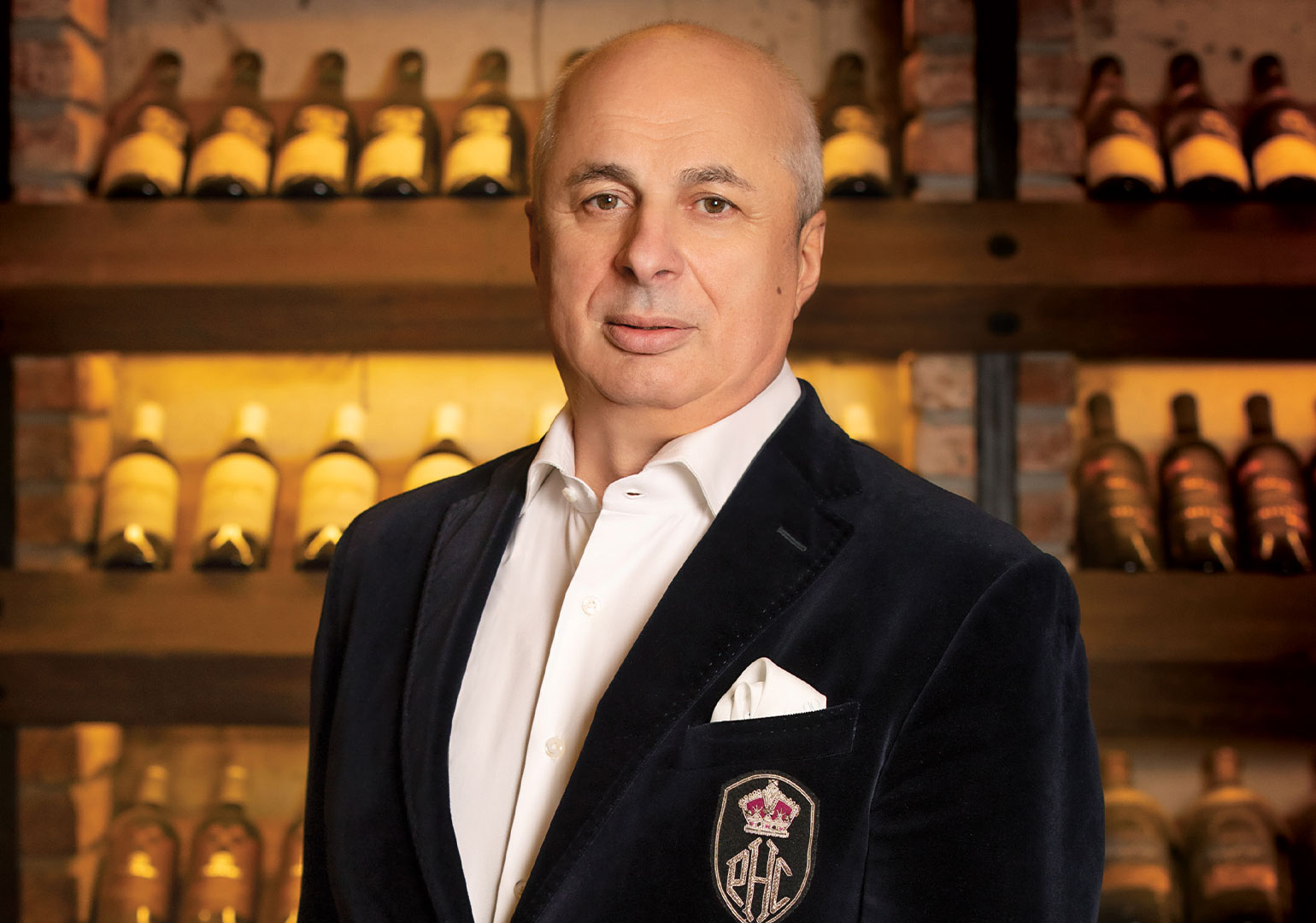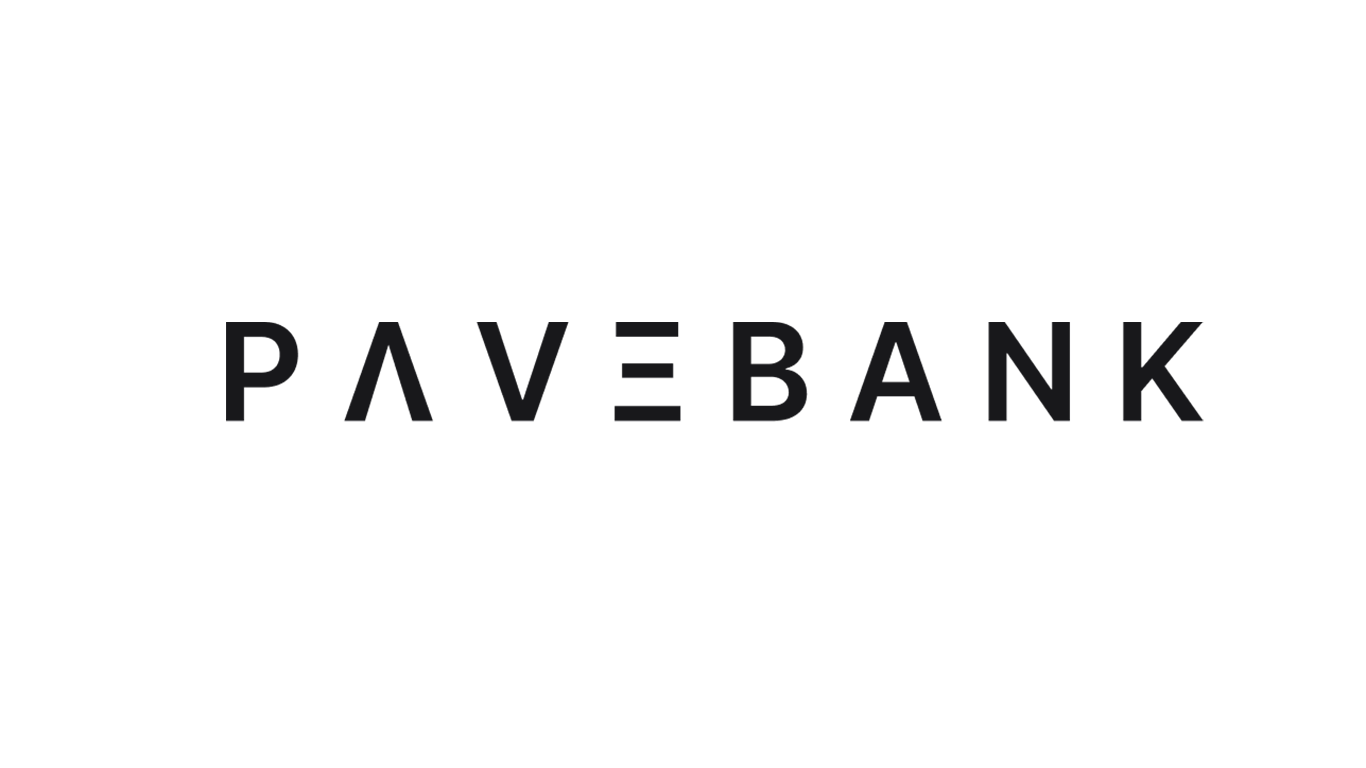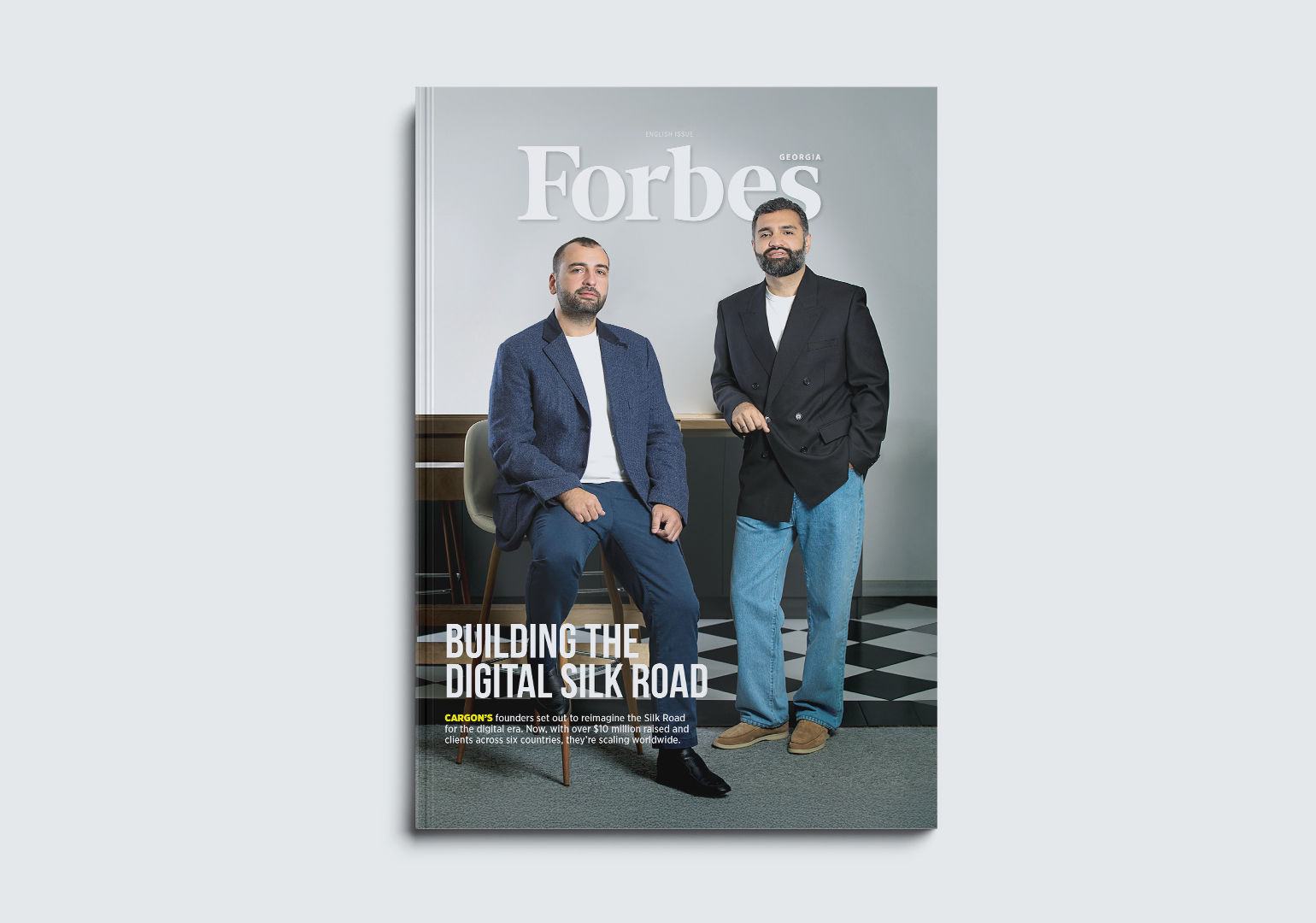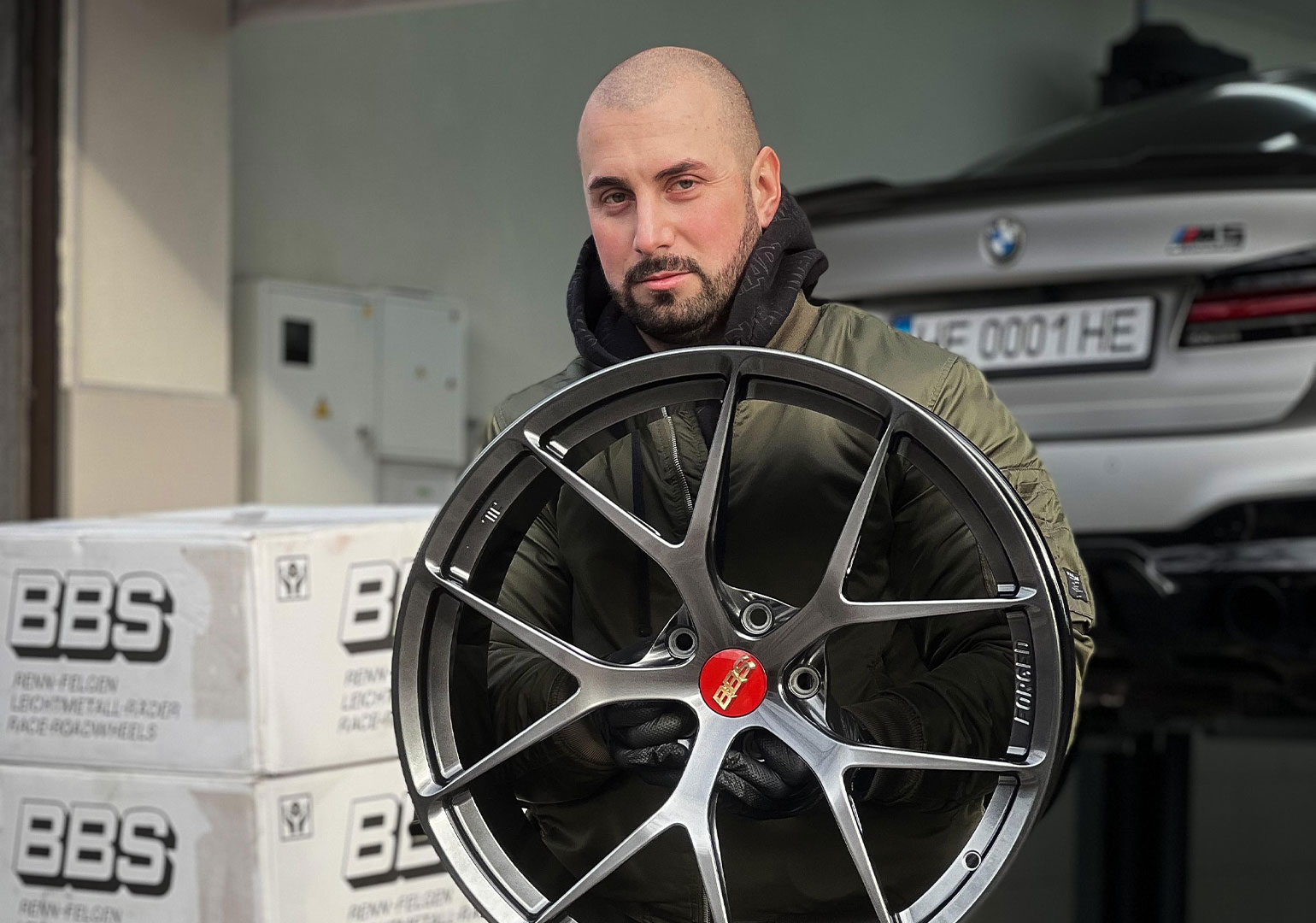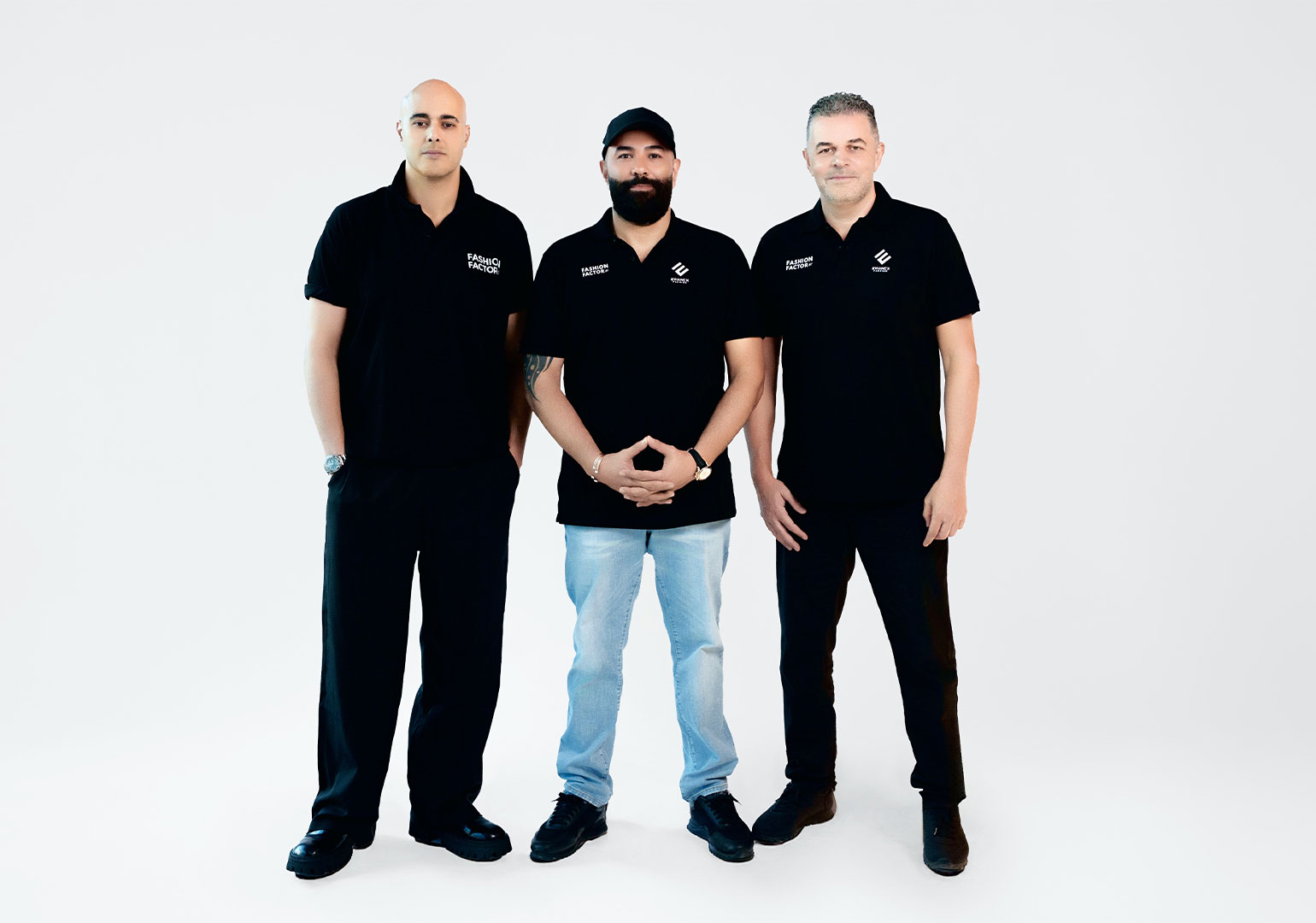For the past 25 years, Corporation Georgian Wine has supplied various types of wine to the local market and more than 20 countries worldwide. Over this time, the winery has received numerous awards, expanded its operations, and become a significant industry player. Corporation Georgian Wine’s founder, Dimitri Nozadze, shares details about the company’s history, activities, and plans.
Corporation Georgian Wine was established in 1999. Why did you decide to enter the wine business and choose Tsinandali, Kakheti, as the location?
Like most Georgians, wine holds special significance for me. It is deeply rooted in our culture and heritage. I liked the idea of venturing into Georgian winemaking and began pursuing it in 1998.
Kakheti is famous for its wine production and winemaking culture. This region boasts most of Georgia’s over 500 endemic grape varieties, with up to 77% of the country’s 55-thousand-hectare vineyards. Tsinandali is a unique place in the heart of Kakheti’s microzones and was historically recognized as a key hub for winemaking and viticulture. Plus, the local population, besides their affinity for grapes, possesses many other admirable qualities.
In 1999, I purchased land near the vineyards in Tsinandali and commenced building a factory from scratch. Thus, Corporation Georgian Wine was born. Our journey over the past 25 years has been marked by numerous challenges, but these obstacles have only served to strengthen us and fuel our commitment to continual growth and progress.
What is the current production volume, and what types of wine do you produce?
We have established Rkatsiteli, Kisi, Khikhvi, and Saperavi vineyards near the factory. Over the years, we have also fostered partnerships with local winegrowers who supply us with grapes. Our wine technologists carefully oversee this process, ensuring the harvest’s ripeness and appropriate classification, which is essential for sourcing the highest-quality grapes.
Our facility has the capacity to process 8,000-10,000 tons of grapes. Our winery is equipped with modern, advanced European machinery and fully complies with international standards. Our wine portfolio encompasses both European and Georgian traditional techniques, with Kakhetian varieties predominantly featured.
We possess 150-ton Qvevris from West and East Georgia, some dating back 200 years. Our winemakers meticulously classify these Qvevris based on geographic origin, age, clay category, and other parameters crucial for fermenting specific wines in the appropriate pitcher.
Additionally, we use French oak barrels, diligently selected based on organoleptic studies, for aging protected designation of origin wines such as Mukuzani, Tsinandali and Saperavi. Our winery also houses an Enoteca storing up to 30,000 unique collection samples.
You emphasize that your company’s main asset is its employees. Could you tell us more about this?
Indeed, our employees are crucial to our success, and we prioritize their professional development. One of our wine technologists recently returned after spending six months in Germany, where he enhanced his qualifications and was involved in European wine technology and production processes.
We employ over 100 individuals, most of whom are local and have been integral members of our team since the company’s inception. Despite our growth, we maintain a familial atmosphere, valuing each member as a part of our collective effort.

What have been the company’s achievements over the past 25 years?
Our company was among the first to receive two quality certificates in our field: ISO 9001:2015 for management and ISO 22000:2005 for food product safety.
We actively participate in international wine competitions and exhibitions and have earned over 200 international awards. Notable mentions include Decanter, IWSC, and Mundus Vini. This year alone, we have received 10 awards, and last year was particularly memorable in terms of securing top honors in wine competitions.
Special mention goes to our Mukuzani, which acquired the IWSC gold medal and trophy, along with Qvevri Rkatsiteli, which was awarded the gold medal and trophy at the Hong Kong International Wine & Spirit Competition. Our consistent success in winning gold awards underscores our commitment to exceptional quality, a tradition we aim to extend to more prestigious awards.
65% of Georgian wine exports go to Russia. Do you perceive this as an issue? What is the proportion of exports in your sales, and which countries are your primary markets?
Dependence on Russia undoubtedly poses challenges. As evidenced by past experiences, diversifying our markets is imperative to mitigate disruptions. Promoting Georgia and Georgian wine more aggressively can unlock new, strategically important markets.
Exports account for 90% of our sales. We export our products to over 20 countries, including Canada, the United States, China, Israel, Finland, Norway, France, Poland, Lithuania, Latvia, Estonia, Slovakia, Ukraine, Kazakhstan, Belarus, and Russia. While our focus has predominantly been on exports, we are also making strides in the local market, with our products available in numerous wine shops and HORECA sector businesses.
Exports to Eastern Europe and Central Asia are also on the rise. Which other countries are particularly interesting to Georgian winemakers?
The global wine industry continues to expand post-COVID. Georgian wine culture and traditions have broad appeal, positioning our products favorably in various countries. The USA, Great Britain, South Korea, and Japan offer promising opportunities. The centuries-old tradition of Qvevri winemaking is particularly interesting, and it is recognized as an intangible cultural heritage by UNESCO. This method’s heritage status has also fueled demand across post-Soviet, European, Asian, and American markets.
What new challenges and opportunities has the Russia-Ukraine conflict presented for Georgian winemakers?
Georgian winemakers are accustomed to navigating challenges. The Russia-Ukraine conflict has introduced logistical hurdles and increased costs industry-wide. However, our company has adapted by capitalizing on new strategic markets, and we have witnessed sales growth. Exploiting emerging markets remains a key objective for us.
What are the primary issues facing the industry today? What changes are needed to accelerate development and enhance quality?
Low awareness and positioning pose significant challenges for Georgian winemaking. It is crucial to associate Georgian wine with exceptional quality rather than low prices. We advocate for collaborative efforts among producers, governmental bodies, and the National Wine Agency to elevate Georgian wine’s perception.
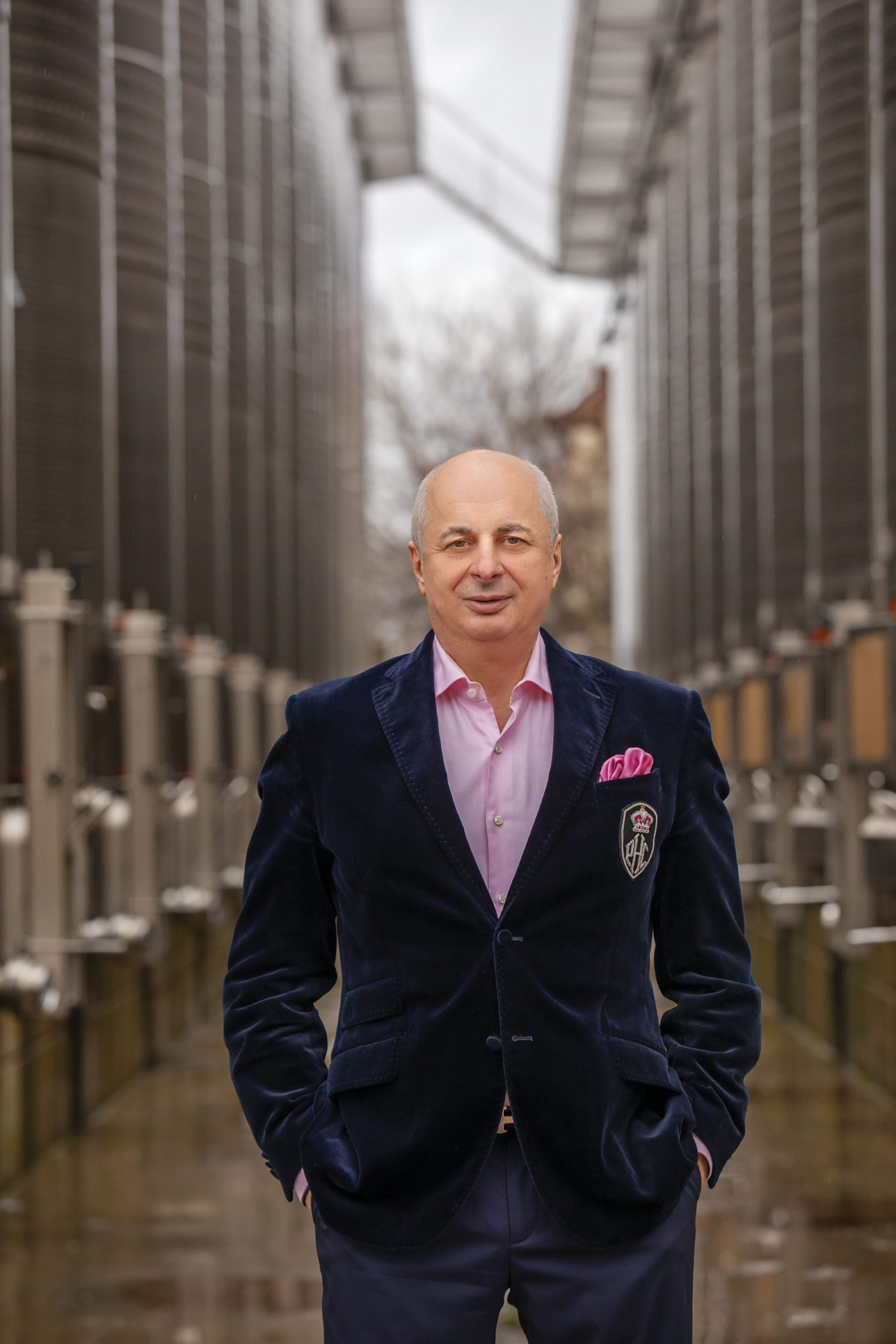
Price policy and strict quality control are crucial factors. The price of Georgian wine should not fall within the range of $1.5-$2. Low prices are the reason 65% of sales are to Russia. Unfortunately, this issue significantly impacts the image and quality of Georgian wine. Implementing a robust price policy and rigorous quality control measures are essential prerequisites for Georgian wine to access new markets.
Entering new markets and adjusting prices is not straightforward. Naturally, there will be challenges in reducing volume, which takes time and might be less financially appealing for companies focused on selling low-priced products. Nonetheless, in my view, this approach will enable Georgian wine to secure a respectable position in the global market and compete with high-quality wines from any country.
The government continues to allocate millions for wine subsidies. What are the downsides to this practice, and how can the issue be addressed?
Subsidies are common abroad. Following the embargo imposed by Russia in 2008, subsidies significantly aided growers and wine companies in avoiding negative consequences. However, this serves as a temporary solution rather than a developmental step for the field. Systematic subsidies entail numerous adverse effects, fixed subsidized prices, and the absence of risk regarding grape purchasing, which deteriorates grape quality and incentivizes growers to maximize quantity, even at the expense of quality.
Various measures can be implemented to support the industry instead of relying on subsidies. These include raising international awareness of Georgian wine, tightening regulations on wine quality, assisting winegrowers in improving vineyard maintenance, introducing specialized educational programs, and enhancing workers’ qualifications within the sector.
By adopting these and other measures, long term industry development can be promoted while conserving the financial resources currently allocated to grape subsidies. The primary focus should be on quality, as increased demand for quality wine will lead to higher sales prices, positively impacting the income of farmers, producers, and the state as a whole.

Lastly, what are the future plans of Corporation Georgian Wine?
Our primary focus has always been and remains on exploring and entering new export markets, a goal we consistently pursue with significant results. Recently, we secured a long term contract with a new partner in the USA and completed the initial shipment. Developments are also underway in South Korea and China.
We diversified our product range two years ago by starting brandy and Chacha production. We plan to expand our offering further, including the production of sparkling wine and Pét Nats. Premium wines crafted from unique Georgian varieties are also on our agenda.
By the end of the year, we will launch a tourist complex near our winery, featuring a hotel, restaurant, Cellar for Qvevris and barrels, conference and tasting areas, and a wine library. Visitors can explore our company’s unique archive, learn about and participate in the winemaking process, savor traditional Georgian and European cuisine, and enjoy breathtaking views of the Caucasus Mountains and the Alazani Valley.
We continue to work tirelessly, driven by pride in contributing to the industry’s growth. Reflecting on the thrilling journey of the past 25 years, I am delighted by the choices that have been made and the opportunity to sustain the legacy passed down by our ancestors for over 8,000 years. I am committed to passing on this tradition to future generations.
